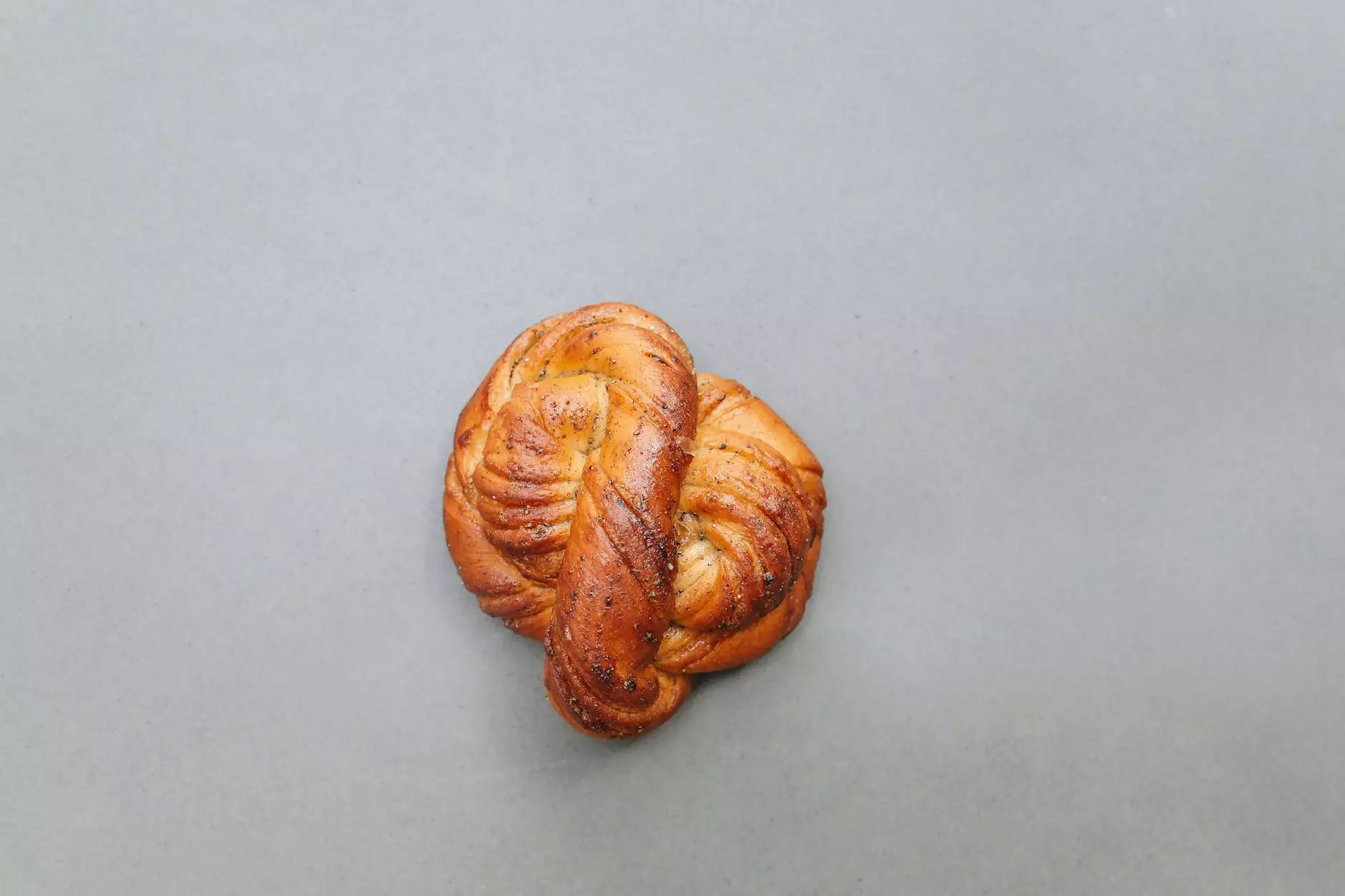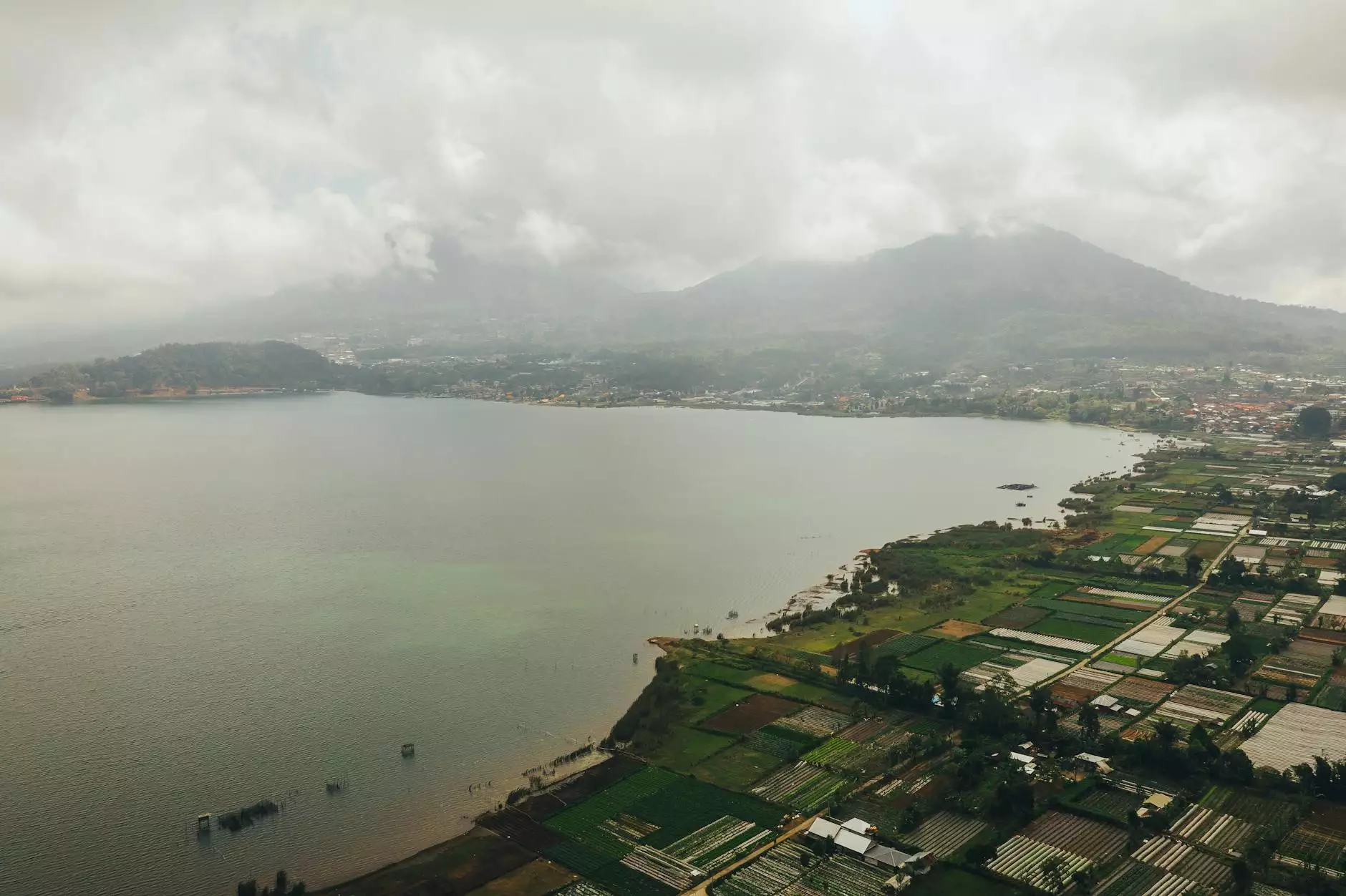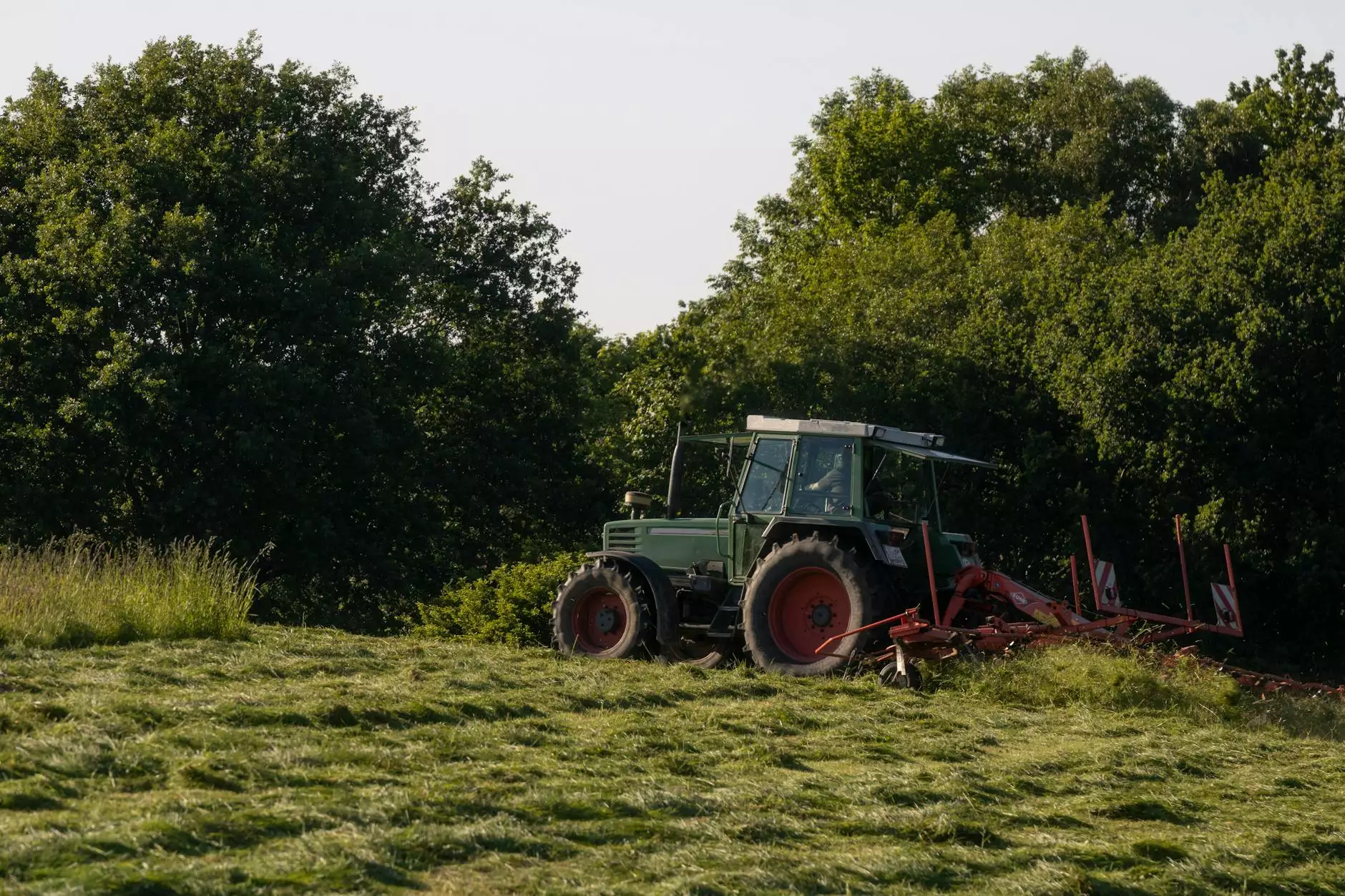Leading Sugar Exporters in Brazil

Brazil is widely recognized as one of the world's largest producers and exporters of sugar, contributing significantly to the global sugar market. The vast expanse of sugarcane plantations coupled with advanced processing technology has positioned Brazilian sugar exporters as key players in the international trade landscape. This article delves into the dynamics of the sugar export industry in Brazil, highlighting the leading suppliers, their operations, and the factors that contribute to the country's dominance in this sector.
The Dominance of Sugar in Brazil’s Economy
Brazil's substantial role in the sugar export market can be attributed to several key elements:
- Extensive Sugarcane Plantations: Brazil boasts approximately 9 million hectares of sugarcane fields, which yield about 30% of the world’s sugar supply.
- Climate and Geography: The tropical climate provides ideal conditions for sugarcane growth, making the production process efficient and cost-effective.
- Technological Advancements: Brazilian sugar mills utilize state-of-the-art technology that enhances production efficiency, improves quality, and facilitates the export process.
Key Players in the Brazilian Sugar Export Market
When it comes to sugar exporters in Brazil, several companies stand out due to their sheer volume of production and quality of products. Here are some of the leading sugar suppliers:
1. Cosan S.A.
One of the largest sugar and ethanol producers in Brazil, Cosan S.A. operates multiple facilities across the country and is known for its sustainability initiatives. Their commitment to quality and environmental responsibility has solidified their standing in the market.
2. Sao Martinho S.A.
Sao Martinho S.A. is another major player, renowned for its innovative approaches to sugar production and exportation. The company focuses on high-quality production and has invested heavily in research and development to optimize yields.
3. Raizen
A joint venture between Cosan and Royal Dutch Shell, Raizen is among the largest integrated sugar and ethanol producers globally. Their extensive network and commitment to quality make them a dominant force in the sugar export industry.
4. Grupo Tereos
Grupo Tereos has a strong presence in Brazil and focuses on sustainability and innovation. With advanced processing methods, they ensure that their sugar meets international standards for quality.
The Export Process and Logistics
The process of exporting sugar from Brazil involves several critical steps that ensure the product maintains its quality and meets the demands of international markets:
1. Harvesting and Processing
The journey begins with the harvesting of sugarcane, followed by its processing into sugar at mills. The efficiency of Brazilian sugar mills plays a crucial role in maintaining competitive pricing and high-quality outputs.
2. Quality Control
Quality control is paramount for sugar exporters in Brazil. Each batch of sugar undergoes rigorous testing to ensure it meets the standards set by both Brazilian authorities and international markets.
3. Packaging and Shipping
Once processed, the sugar is packaged in accordance with international standards to prevent contamination and ensure shelf stability during transport. Experienced logistics experts handle shipping, ensuring smooth and secure passage through customs.
4. Distribution Networks
Brazillian sugar exporters benefit from extensive distribution networks that facilitate access to major global markets, including Europe, Asia, and North America. Their strategic partnerships and logistics expertise enable timely deliveries and consistent supply.
The Role of Technology in Sugar Exports
Technology plays an indispensable role in the efficiency and productivity of sugar exporters in Brazil. Here are some of the technological advancements being utilized in the industry:
- Precision Agriculture: Farmers utilize GPS and data analytics to optimize crop yields and reduce resource wastage.
- Automation: Automated systems in processing plants enhance efficiency and reduce human error, ensuring high-quality production.
- Sustainability Technologies: Many exporters invest in technology that promotes sustainable practices, such as bioenergy from sugarcane byproducts.
Challenges Facing Sugar Exporters in Brazil
Despite its significant advantages, the sugar export market in Brazil faces several challenges:
1. Market Fluctuations
The global sugar market is susceptible to price volatility driven by factors such as weather conditions, changes in demand, and production levels from competitors like India and Thailand.
2. Regulatory Changes
Changes in trade regulations, tariffs, and subsidies can impact the profitability of sugar exports from Brazil. Exporters must stay abreast of international trade policies to navigate these challenges effectively.
3. Environmental Concerns
The environmental impact of sugarcane farming, including deforestation and water usage, poses a challenge for exporters. Consumers increasingly favor sustainably sourced sugar, urging companies to adopt environmentally friendly practices.
The Future of Sugar Exports in Brazil
The future of sugar exporters in Brazil appears promising, with the potential for growth driven by innovation and expanding global demand. Here are some trends shaping the future:
- Increased Demand for Sustainable Products: As consumers become more environmentally conscious, the demand for sustainably produced sugar is on the rise.
- Emerging Markets: New markets in Asia and Africa are opening up, providing additional opportunities for Brazilian sugar exporters to expand their reach.
- Technological Advancements: Continued investment in technology and innovation will enhance productivity and sustainability, ensuring that Brazil remains a leader in the sugar industry.
Conclusion
In summary, Brazil's position as a leading player among sugar exporters in Brazil is sustained by its vast agricultural resources, advanced technology, and commitment to quality. As the global demand for sugar continues to grow, Brazilian exporters must navigate challenges while adapting to new market dynamics and consumer preferences. With a focus on sustainability and innovation, Brazil is poised to maintain its dominance in the sugar export sector for years to come.









